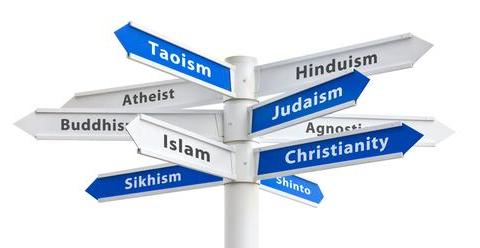Does Religion Have a Monopoly on Hope?

What’s the Latest Development?
The modernist French author André Gide once said that man can live forty days without food but only one second without hope. Today, this sentiment is echoed by religious figures and politicians who advance their beliefs on the grounds that they confer hope in a cruel world. The connection between religion and hope typically functions in two distinct ways: “One is that a purely secular worldview cannot provide the same degree of hope that religion can, and that many desire. The second is that we need this kind of hope to live. If both were true, it would be a powerful argument for the necessity of religion, irrespective of its truth.”
What’s the Big Idea?
To the first claim, that only religion can provide hope, British philosopher Julian Baggini responds that secular atheists do in fact have access to transcendent hope by naturalizing religion. “Our hopes should be based on becoming more ‘acutely conscious’ of ‘the future of this planet after our deaths’, in which ‘devastating environmental and other catastrophes’ could unfold.” Baggini also negates the second claim, that hope is necessary for life. Hope, he says, is something people do when action is no longer a viable option. And action, at least some cursory amount, is necessary for life. Perhaps it is as Ben Franklin said: “He that lives upon hope will die fasting.”
Photo credit: Shutterstock.com




